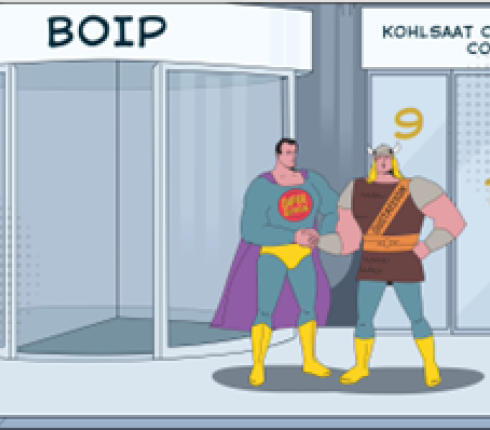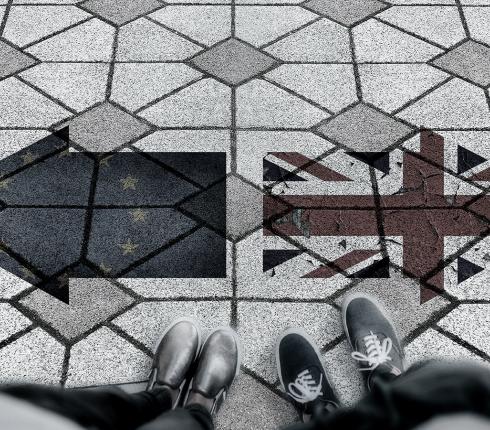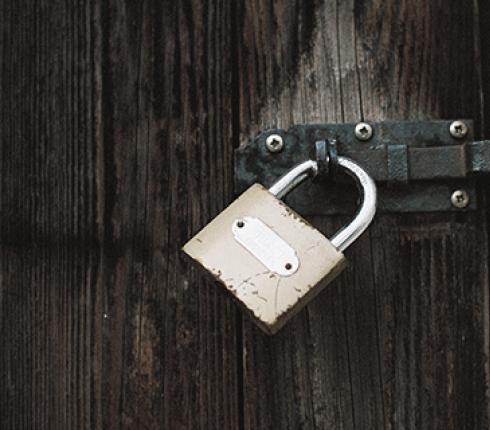Anti-piracy programs on film and TV in progress in the Nordic countries→ is Estonia next?
Estonia ranks number eighth in the world of countries with most visits to piracy sites per internet user. However, generally, the Nordic region is an exception with numbers indicating a tendency going down. NJORD Law Firm has a prominent role in the fight against piracy and illegal file sharing in the Nordics and now, Estonia may be next war ground.
Illegal file sharing and downloading of film and TV on the Internet has a damaging effect on not only the creative industry but also on society. According to a recent report, despite the increasing popularity of on-demand services such as Netflix, piracy is increasing in many parts of the world.
In 2012, NJORD Law Firm started protecting the right holders’ rights by sending direct communication to private persons in Denmark, whose networks had been used for illegal file sharing. The purpose was to enforce the rights of film and TV production companies, including journalists, musicians, producers, actors, directors and other players within the film industry, as well as to increase the awareness of the illegality of file sharing. This work has since continued to Finland in 2014, Norway in 2016, Sweden in 2017, and most recently to Iceland in 2018.
Decrease in illegal downloading of films
So far, the best results have been achieved in Denmark, where the enforcement has been in place the longest. The Danish Rights Alliance reported a 17 percent decrease in 2016 and a 20 percent decrease in 2017 in illegal downloading of films. Similarly, report shows a decrease in Finland, which can be connected to settlement offers between right holders and people whose IP-address has been used for illegal downloading. In Sweden, the correlative numbers indicate a decrease of approximately 5-7 percent since the start of enforcement in August 2017.
The liability for infringements of copyrights in relation to illegal sharing and downloading of films is a cutting-edge area of law, as not all questions have been settled yet. One of the questions is whether private persons are liable for another person’s illegal activity on their network. But as today´s routers come with preinstalled encryption and passwords, the owner of the router must actively allow others to access the network by deactivating the security. There are indications in recent case law in Denmark and Finland that there is a liability for enabling such illegal use.
What to do?
It is possible to enforce your rights, if you hold copyright protected material. Several programs scan the Internet for illegal downloading. Litigation against piracy is increasing and the success rate is growing.
As a private person, there are many ways to avoid illegal downloads. Be aware of films provided to you without payment or subscription, and films that are still showing in cinemas. We recommend you to critically assess the website that offers the film, as well as evaluate the security of your home network and make sure it has a secure password. In addition, it is a good idea to keep track of who has access to your network.
Read more about online piracy:

































